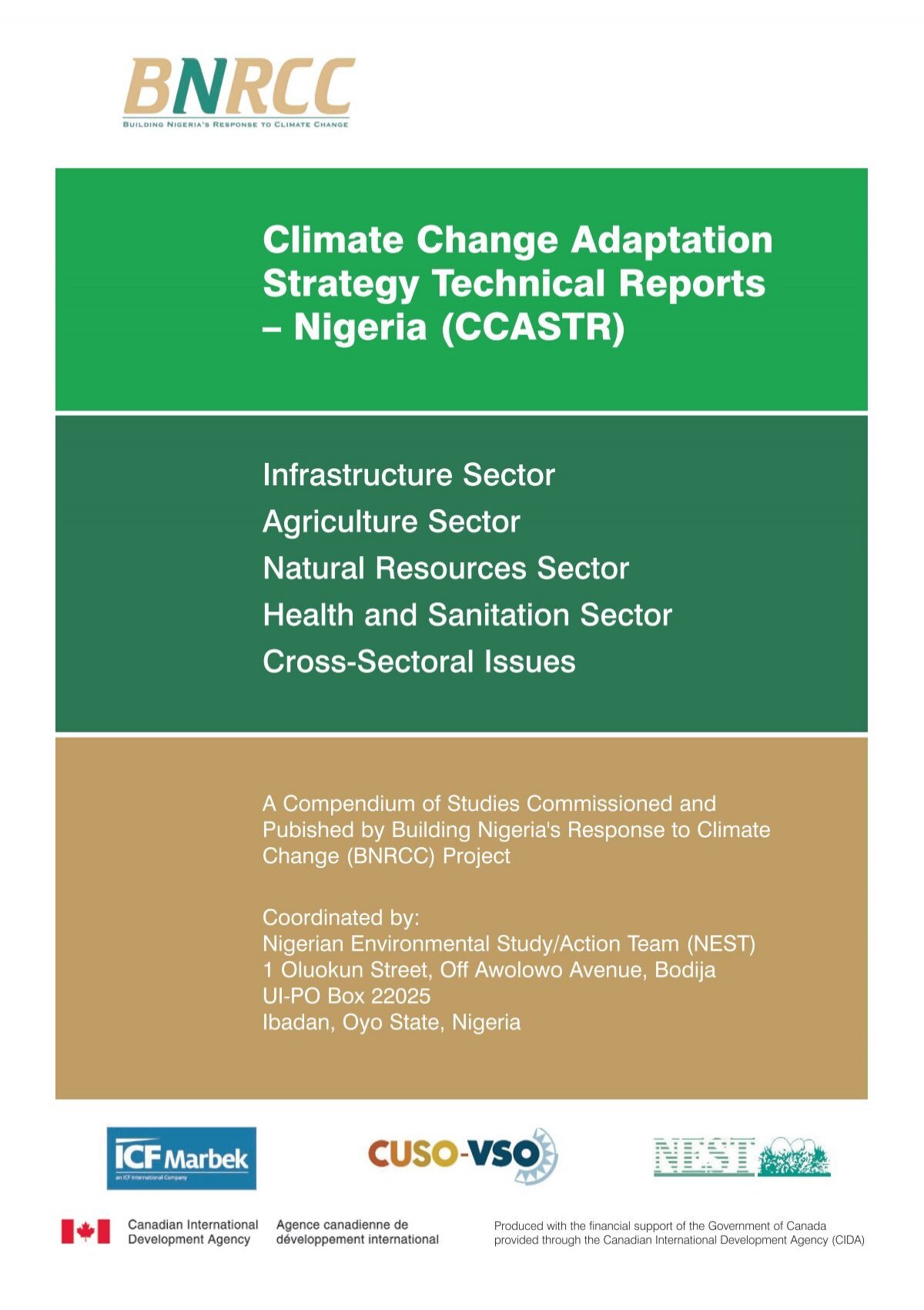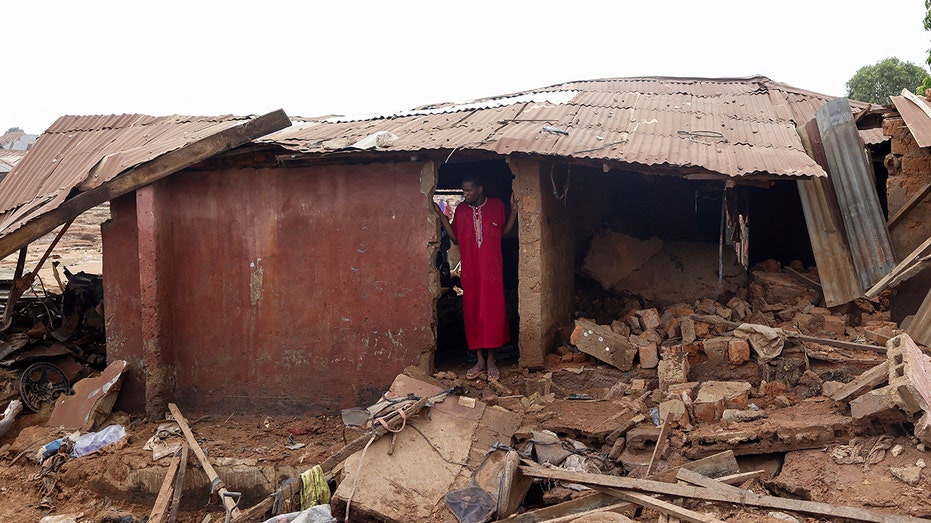
Devastating Floods in Northern Nigeria: A Tragedy Unfolds
Losses and Casualties in Mokwa
Heavy rain in the early hours of Friday has led to catastrophic flooding in Mokwa, a market town in northern Nigeria, resulting in the death of at least 111 individuals. This community, vital for local trade, particularly for farmers selling produce to southern traders, is reeling from the aftermath of this unprecedented weather event.
Officials have reported that the death toll may continue to rise as the search for victims progresses. Ibrahim Audu Husseini, spokesman for the Niger State emergency agency, indicated that along with the confirmed casualties, more bodies have been brought to the surface, prompting urgent calls for accurate assessments.
Impacts of Climate Change on Northern Nigerian Communities
The recent flooding is not merely an unfortunate event; it underscores a troubling trend exacerbated by climate change. According to the Nigerian Hydrological Services Agency, specific rainfall amounts in Mokwa following midnight on Thursday have not been disclosed, but the implications are clear. Northern Nigeria is increasingly facing prolonged dry periods, punctuated by intense rain during the brief wet season, which can lead to severe flooding.
Residents like Kazeem Muhammed shared heart-wrenching stories of loss, stating, “We lost many lives and properties, our farm produce. Those with storage lost it.” This tragedy not only affects personal lives but also disrupts local agriculture and trade.
Visualizing the Crisis
Images circulating on social media paint a grim picture of Mokwa in the wake of the downpour. Floodwaters have submerged entire neighborhoods, with rooftops barely peeking above the surface. Residents were seen wading through waist-deep water, desperately trying to recover belongings and assist those in need.
Mokwa: A Key Trading Hub
This town, situated about 380 kilometers west of Abuja, serves as a critical trading hub for northern agricultural goods, including staple crops like beans and onions. The flooding poses a significant threat to this vital economic artery, as traders and farmers face the dual challenge of recovering from the immediate disaster while planning for a sustainable future.
Community Voices and Leadership Response
Local leaders have voiced their concerns over the abrupt nature of such flooding. Aliki Musa, a prominent figure in Mokwa, remarked that villagers are not accustomed to such natural disasters, describing the water as “spiritual” due to its infrequent appearances. This sentiment speaks to the deep-rooted ties the community has with the land and their farming practices.
Jibril Muregi, the local government chairman, has publicly called for the development of better flood-control infrastructure. He emphasized that such measures are long overdue and vital for mitigating future risks. The community’s resilience will depend not only on aid and recovery but also on systemic changes to handle increasingly erratic weather patterns.
A Broader Context: Previous Flooding and Humanitarian Challenges
This recent disaster occurs in a context of increasing humanitarian crises in Nigeria. Just last September, torrential rains coupled with a dam collapse in Maiduguri had devastating consequences, leading to the deaths of at least 30 individuals and displacing millions. Such events highlight the urgent need for comprehensive disaster preparedness and response strategies in regions plagued by environmental vulnerability.
The ongoing humanitarian challenges are exacerbated by ongoing conflicts, particularly the Boko Haram insurgency, which has already affected millions. As communities grapple with both natural disasters and social upheaval, the path to recovery remains fraught with challenges.
Conclusion: Urgent Call for Action
The tragic events in Mokwa serve as a stark reminder of the increasing frequency and severity of flooding in northern Nigeria due to climate change. As the community mourns and begins the arduous process of recovery, the necessity for improved infrastructure, disaster response strategies, and comprehensive support systems is more evident than ever.
The aftermath of this disaster is not just a local issue; it speaks to a broader narrative of climate resilience, governance, and social responsibility. Immediate action is required to ensure that vulnerable communities are equipped to face the challenges posed by our changing environment.
















